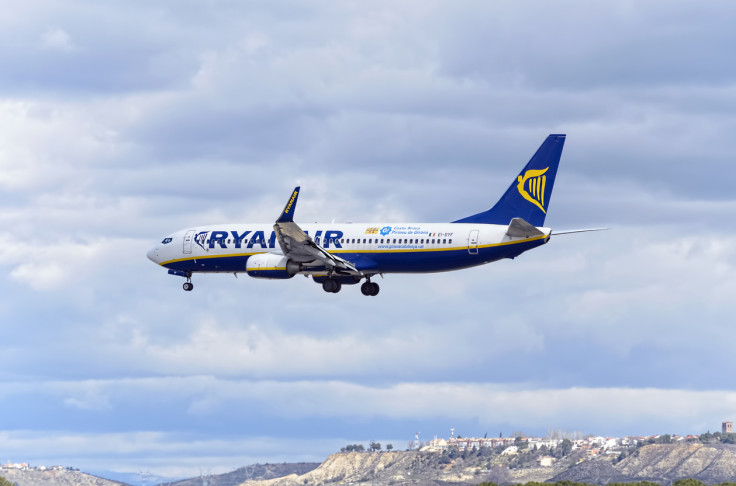Ryanair toasts record high profits and expects fares decline to continue
Budget airline records 13% increase in traffic to 120 million passengers in year to 31 March.

Ryanair posted record high profits in its latest financial year and expects profits to rise even further over the next 12 months, while fares will continue to decline.
In the year to the end of March, the budget airline reported a 6% increase in full year net profit to €1.32bn, while traffic grew 13% year-on-year to 120 million passengers, higher than the 116 million figure that was estimated.
Meanwhile, the load factor - a crucial gauge in the aviation industry which measures the amounts of seats filled on an aircraft - rose to 94%.
The profit figure was at the lower end of the company's expectations but in line with analysts' forecast. Ryanair had initially expected a profit in the region of €1.37bn-€1.42bn, before slashing the forecast by 5% in October, on the back of the pound's ongoing weakness following the Brexit referendum in June last year.
The FTSE 100-listed group said a 13% cut in average fares, coupled with the ongoing implementation of its five-year strategy overhaul - which was launched three years ago - were the main factors behind the strong financial performance.
"Despite difficult trading conditions in the financial year 2017 caused by a series of security events at European cities, a switch of charter capacity from North Africa, Turkey and Egypt to mainland Europe, and a sharp decline in sterling following the Brexit vote," group chief executive Michael O'Leary said on Tuesday (30 May).
"We reacted to these challenges by improving our customer experience, and stimulating growth with lower fares."
Average fares are expected to fall between 5% and 7% this year, a slower rate of decline in line with the rest of the industry, which has seen European airlines report signs of turnaround after years of falling ticket prices.
The low fares, however, have allowed Ryanair and some of its rivals to attract an increasing number of customers and the airline expects its traffic to grow by 8% this year to 130 million.
Ryanair added in the last financial year it has taken delivery of 52 new Boeing 737s, launched 206 new routes, and opened 10 new bases at airport across Europe, including Frankfurt, Hamburg and Prague.
With legacy competitors in Italy, Germany, Romania, and Poland undergoing deep restructuring, the scale of the Irish carrier's airport growth negotiations is accelerating.
"We continue to juggle more opportunities for 2018 and 2019 than our existing fleet growth can accommodate," the airline said.
"As competitor airlines undergo deep restructuring, we are aware of the need to have additional short haul aircraft to respond quickly as these unique growth opportunities arise."
© Copyright IBTimes 2025. All rights reserved.






















